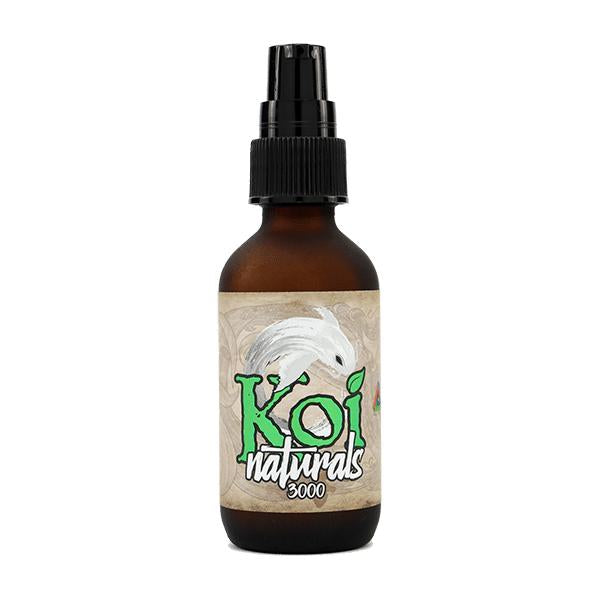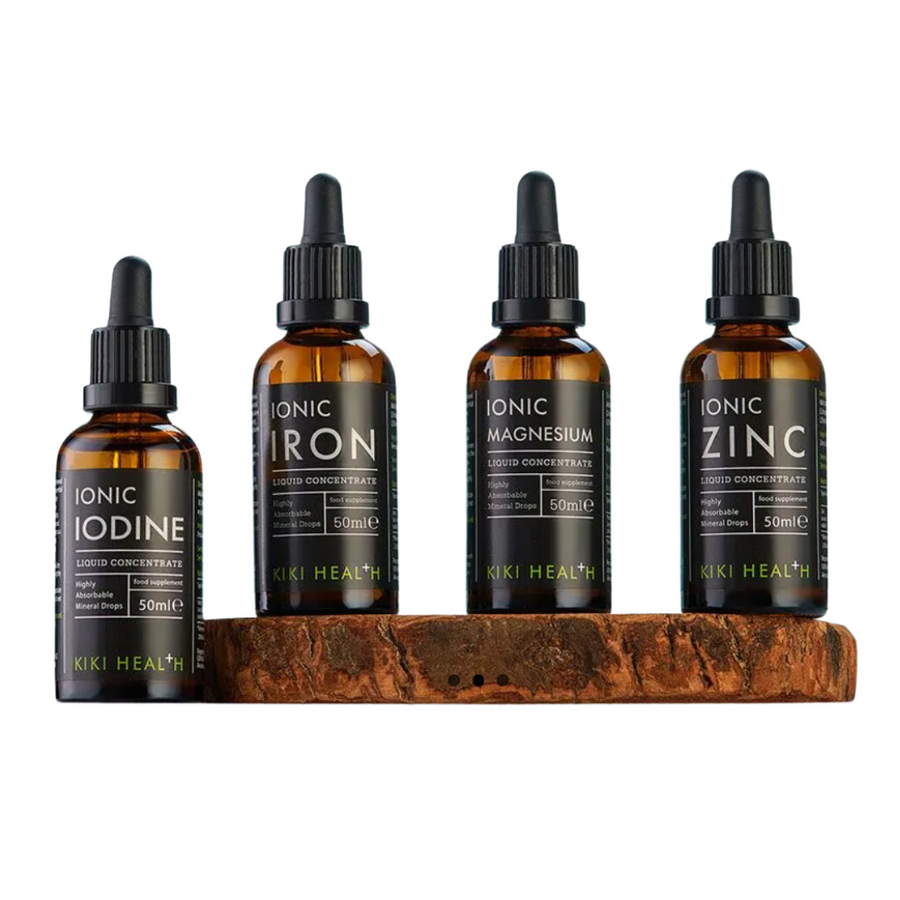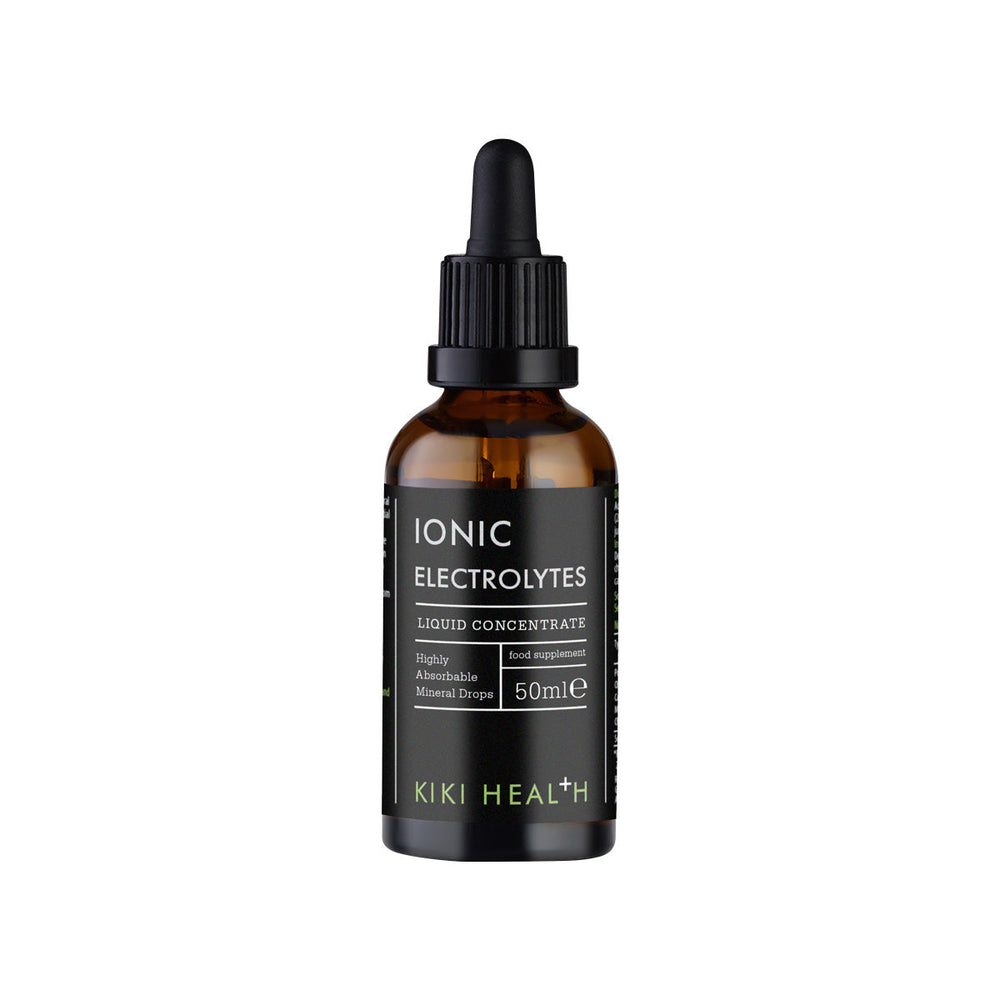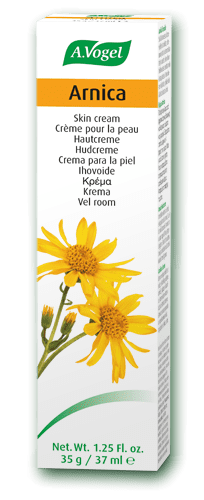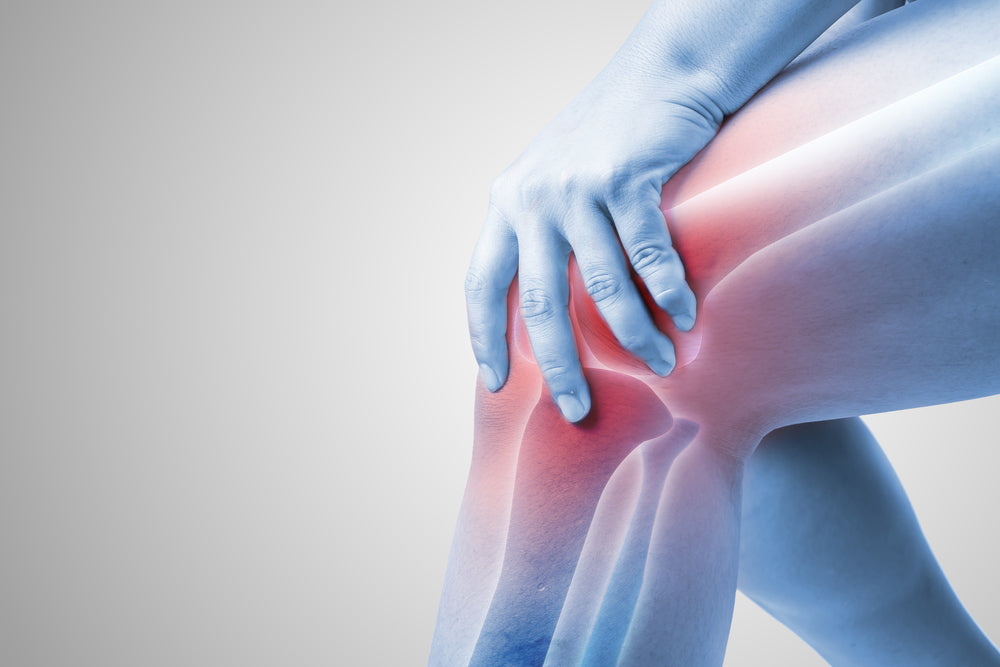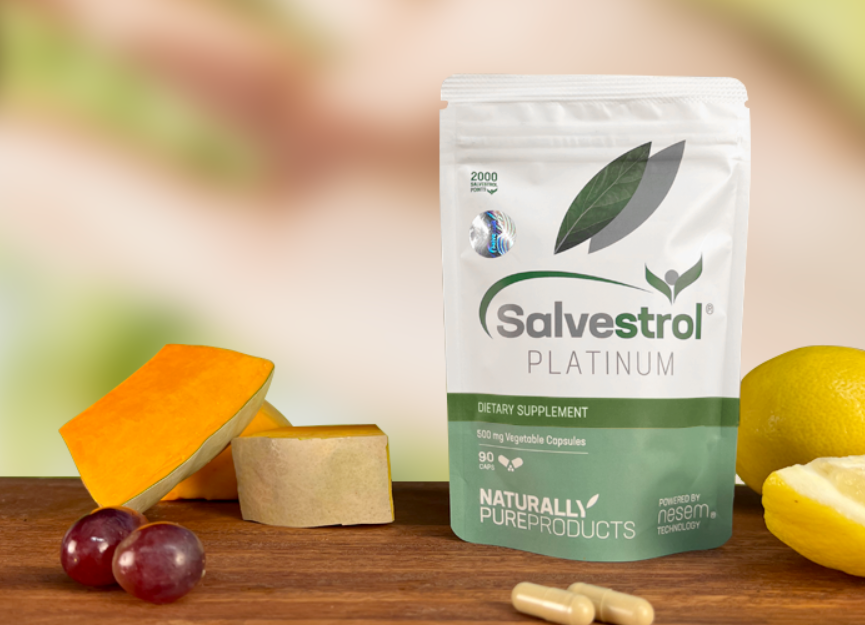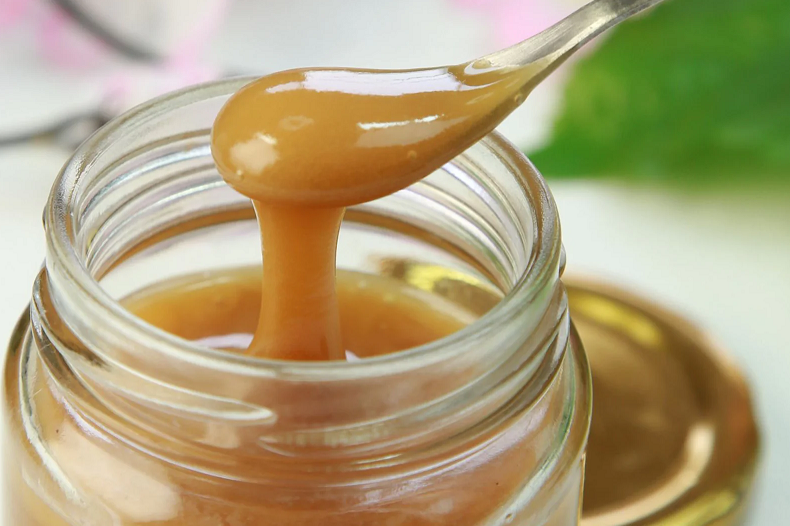Coeliac Disease

Coeliac Disease is an autoimmune disorder triggered by an intolerance to wheat, barley, rye & occasionally oats. The body responds by producing antibodies that attack and damage the tissue lining the small intestine preventing the efficient absorption of essential nutrients. This may cause a variety of problems including anaemia due to insufficient iron, reduction in bone density due to lack of Vitamin D and Calcium, problems with fertility, Vitamin B12 and folic acid deficiency and an increase in the likelihood of developing a bowel malignancy.
It is estimated that 1 in 100 of the population could be suffering from Coeliac Disease but only 10-15% have been formally diagnosed and despite symptoms being reported it can take many years for the real problem to be identified.
Coeliac Disease can be triggered at any age although it was initially thought to affect only children causing slowing of growth development due to forms of malnutrition and was noted at the weaning stage. There is some evidence that it can be brought on by stress or pregnancy, may run in families and seems to be more common in diabetics.
People present with a variety of symptoms which may have contributed to the delay in diagnosis and may include any of the following :
- Diarrhoea or Constipation
- Abdominal pain, bloating, excessive flatulence
- Skin Rash / mouth ulcers
- Fatigue due to malnutrition and/or anaemia
- Weight Loss / loss appetite
- Tingling in hands /feet
Sometimes people are given an initial diagnosis of IBS (Irritable Bowel syndrome) because of the similarity of symptoms.
A specialist blood test has been developed to assist Doctors in making the diagnosis and if this proves to be positive it is often recommended that an endoscopy and biopsy of the bowel are done to confirm. There are home testing kits available but it is still recommended that a doctor is consulted.
At present there is no cure for the illness and sufferers will need to follow a Gluten Free Diet for the rest of their lives as even the smallest amount of gluten can trigger symptoms. This means avoiding the following foods:
- Most Bread
- Most Beers
- Breakfast Cereals
- Cakes / Biscuits
- Pasta & Pizza Bases
Wheat is widely used in commercially manufactured food such as some sausages, sauces and ready meals and it is recommended that you carefully check the list of ingredients and look for the “crossed grain symbol” to be sure you are keeping to “safe” foods.
This does not mean that you cannot enjoy a balanced, nutritious and tasty diet, most supermarkets stock a range of gluten free products and there is an even wider range available on line.
- After diagnosis it would be sensible to consider the following :
- Learn about the foods you should avoid – consider getting help from a dietician
- Maintain contact with your GP and/or gastroenterologist. You will need to be followed up and various checks carried out to detect any sign of osteoporosis, anaemia or other deficiency.
- Consider going to self help group and talking to others with the same condition
- Join Coeliac UK who can put you in touch with many resources.
Natures Healthbox offer a full gluten free, dairy free and free from food ranges to make food shopping easy for sufferers of Coeliac disease, wheat and gluten sensitivity or intolerance, lactose intolerance or those who have egg or nut allergies.
Content written by Jane Welsman 2013.


